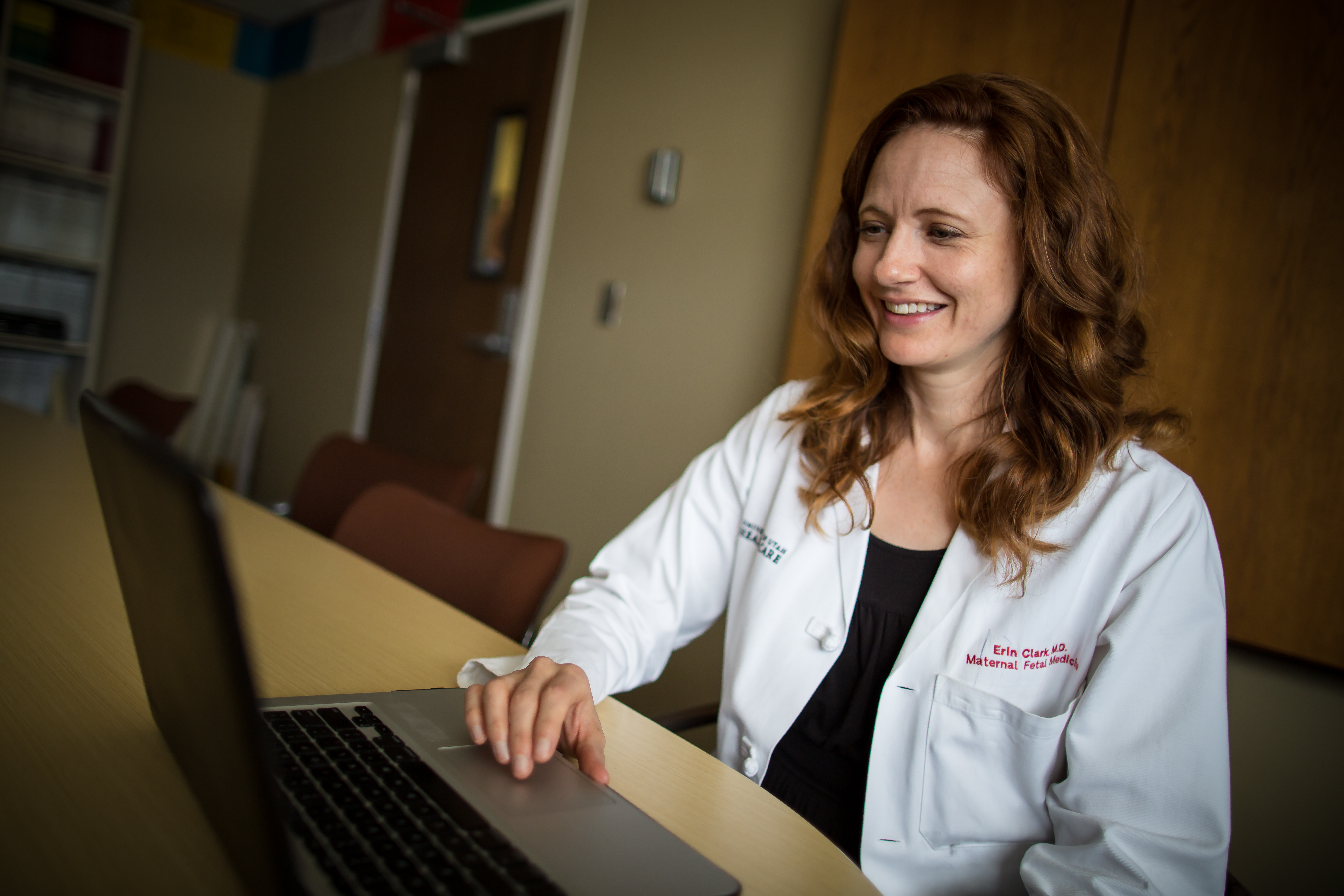Countering Stereotypes of Women and Minorities in Medicine
Rally call: Leaders in academic medicine encouraged to become trailblazers in era of health care reform
Population Health is Precision Medicine for Neighborhoods
A conversation with Wing of Zock
'Tony Mail' - A Conversation with Tony Mazzaschi
Medical Student Advocacy
AAMC 2013: Wing of Zock
Brave new world: Experts share on how to adapt to a post-fee-for-service world in health care.
Educating the Educators
Wing of Zock interviews Clese Erikson about hotspots and physician workforce issues
AAMC 2013 Preview: State of Physician Workforce Report
Conversations: Darrell Kirch, M.D., President of AAMC
Algorithms for Innovation 2016: Sources
Health care survival in the future: Who is poised to take the lead?
Should we protect the current health care system or the U.S. economy? We can't do both, says James Orlikoff


